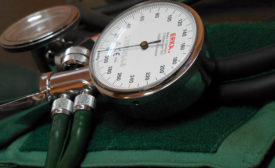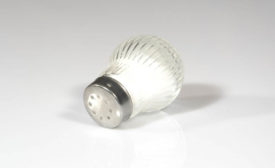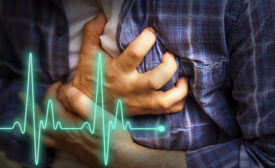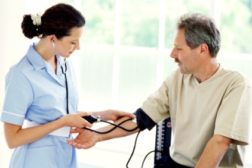Home » Keywords: » heart attack risk
Items Tagged with 'heart attack risk'
ARTICLES
Quitting daily aspirin therapy may increase risk of second heart attack
September 27, 2017
Become a Leader in Safety Culture
Build your knowledge with ISHN, covering key safety, health and industrial hygiene news, products, and trends.
JOIN TODAYCopyright ©2025. All Rights Reserved BNP Media.
Design, CMS, Hosting & Web Development :: ePublishing




